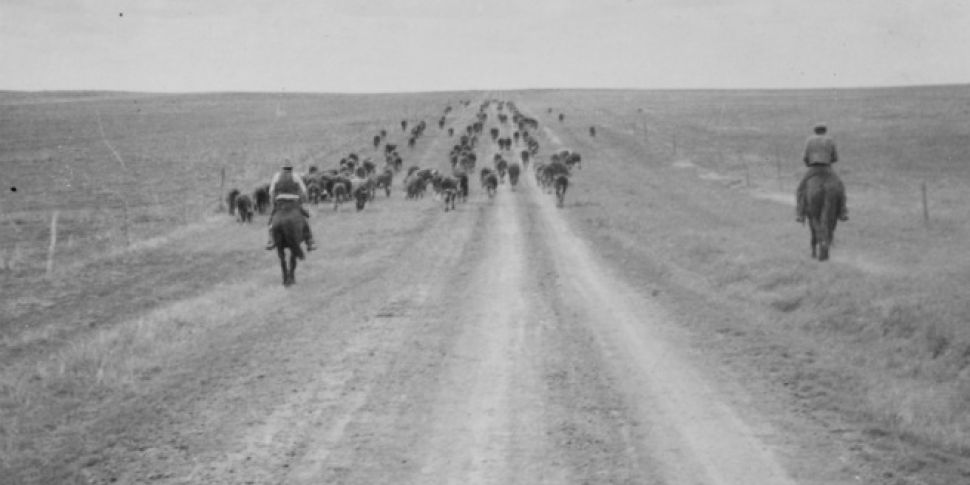Cormac McCarthy is one of America’s most accomplished authors. Over ten novels he has reinvented the western, carved his own brand of Southern Gothic literature, and even brought new light on the post-apocalyptic tale. His distinctive voice and dour outlook have created works that are often hard to read but impossible to forget. So what is it that makes McCarthy such a good writer?
According to all rules of style and grammar McCarthy should be a poor writer. Punctuation is scant throughout his works; commas are rare and colons thoroughly endangered, while their already infrequent offspring, the semicolon, simply doesn’t exist in McCarthy’s world. If full stops weren’t so vital you could easily imagine him clipping them too.
Despite this minimal punctuation McCarthy manages to conjure vivid worlds and terrifyingly real characters. His westerns aren’t plywood towns populated by tasselled cowboys. They are filth filled menageries of villains, survivors, victims, and those silent watchers who pray they never receive too much attention. This insistence on creating believable worlds extends to all of McCarthy’s works and is probably part of the reason for his success.
In The Road, his story of a son and father’s journey to the coast in a post-apocalyptic world, McCarthy eschews the usual dystopian tropes in favour of creating an eerily believable hell. Basic survival is as terrifying in this world as any roving gang and you can almost feel the cold and despair radiate from the pages as McCarthy’s characters eke out a living in this world where civilisation has fallen.
An indicator of the general temperament of McCarthy’s works is just how easily this post-apocalyptic tale slips into his repertoire. McCarthy doesn’t really create happy worlds and he tends to focus on man’s more base nature. As Dr Dara Downey explains: “one of the things that [McCarthy's] very aware of is the fact that violence is something that is almost viral, it escalates, that violence creates more violence”.
Despite his hard subject matter and lack of quotation marks, or any clear indicator of speaker really, McCarthy’s works remain eminently readable. The fact that people willingly continue reading his harrowing books through to the end is testament to his skill with words.
Blood Meridian, regarded by many as McCarthy’s greatest work, encapsulates this dichotomy of beautiful language coupled with savage and barbaric violence.
A fictionalised account of the infamous Glanton Gang, mercenaries and murderers who roved the American Southwest, Blood Meridian is resplendent with accounts of terrible violence, including the slaughter and scalping of innocent women and children. McCarthy’s language brings the beauty of the region to life though.
The reader’s eyes are drawn to a beautiful sunrise as raiders fall on a defenceless village, dying the sand and water with blood. With death and violence all around McCarthy still draws attention to the tiny miracles of the world, like the soft plumage of a songbird. This oscillation of blood and beauty draws the reader ever deeper into this terrible world.
Ultimately McCarthy’s skills as a wordsmith and his understanding of the darker side of human nature are what set him apart as one of America’s greatest living authors. Join Talking Books’ regular host, Susan Cahill, as she talks with a panel of experts about McCarthy’s life, his style and works, and what exactly is the secret to his genius.
In the second half of the show Susan talks with German writer and translator, Gregor Hens, about Nicotine, his autobiographical love affair with smoking. We know all the dangers and risks yet, for many of us, smoking remains a beautiful and fulfilling act. What is it about smoking that remains so alluring? And is there anything good about this much maligned habit?
This week’s music to read to,
The show opens and ends with Sömestr by Ayuka.









